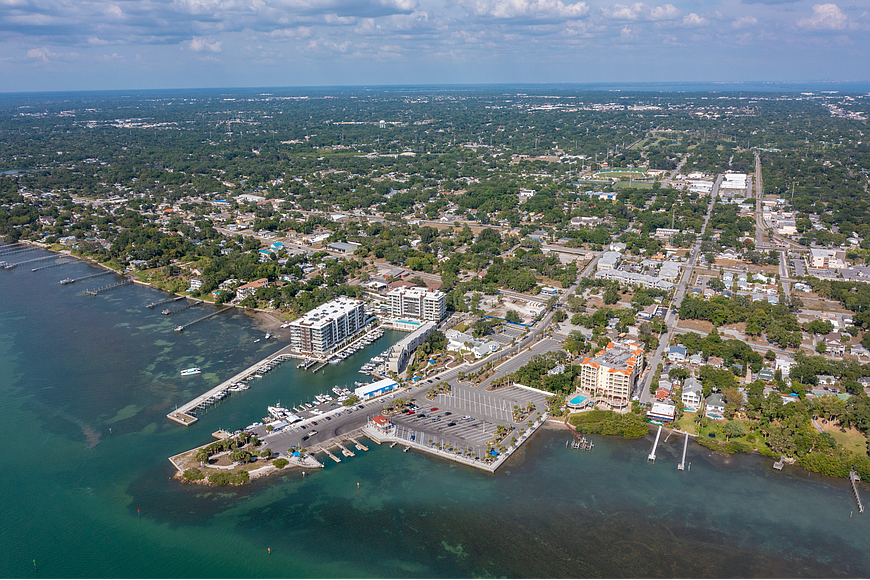- December 13, 2025
-
-
Loading

Loading

After decades of discussion about redeveloping downtown Clearwater, the city has made major headway in recent months that, if all goes well, should turn all that talk into action.